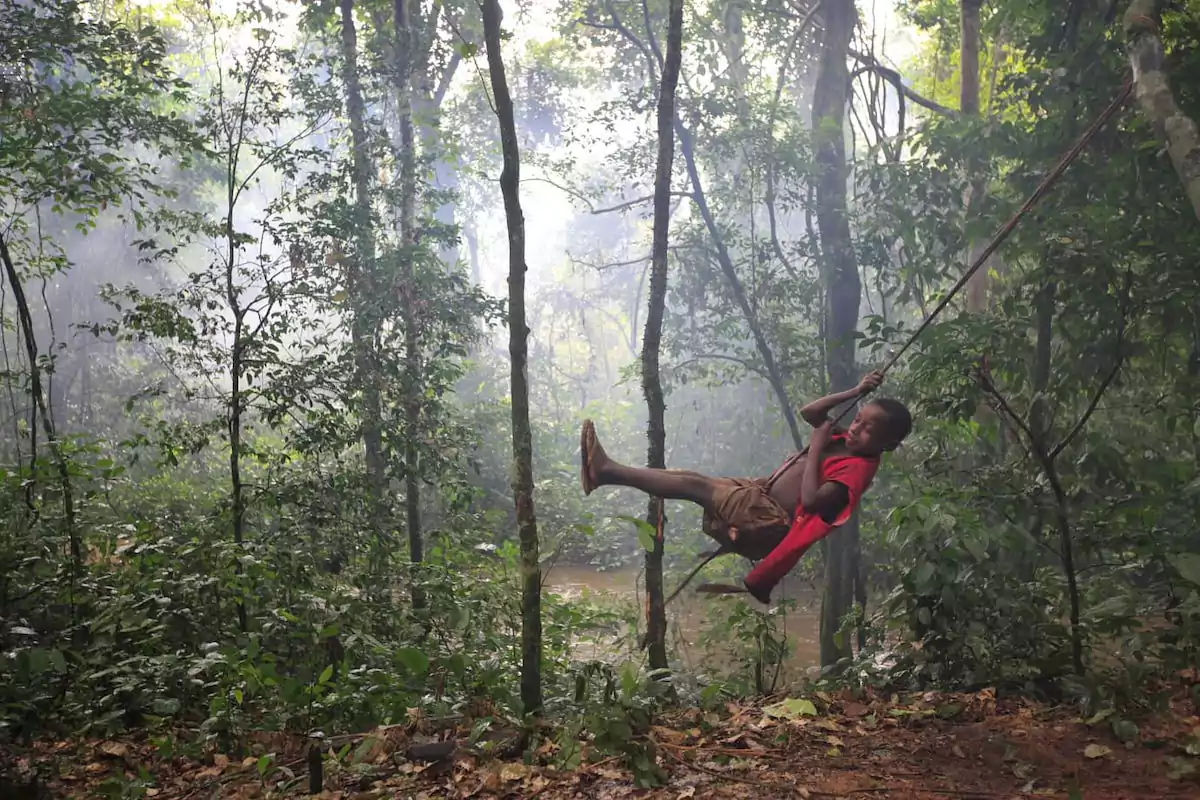The latest initiative supported by the Prince Albert II of Monaco Foundation will help indigenous peoples and local communities save their forests from decimation and, in turn, help restore the planet.
The forests are the world’s lungs, offering a vast array of ecological services, not least of which is converting carbon dioxide to oxygen. They are home to an enormous number of plant and animal life and are essential in the fight against desertification, climate change and soil erosion, as well as being a kind of ground zero for fresh water supplies.
Despite all of this, the forests are being decimated at an unprecedented rate, with the last decade seeing exponential destruction and pressure. To help combat and hopefully eventually even reverse the damage, the Prince Albert II of Monaco Foundation, the IUCN World Commission on Environmental Law, the International Ranger Federation, and Global Forest Coalition are joining forces to support the people who can make a difference on the ground to protect forest ecosystems, namely the indigenous peoples and local communities living in these areas.
On International Biodiversity Day, 22nd May, they launched the Forests and Communities Initiative (FCI), which has a mission “to support conservation of forest ecosystems through the action of indigenous peoples and local communities (IPLC) and through the development of a supporting network of actors providing a multi-disciplinary set of expertise,” according to the organisation.
It is currently targeting five geographic regions: Sub-Saharan Africa, Latin America, South Asia, Southeast Asia and the Pacific Islands, where they will carry out a variety of tasks. These include conservation-driven efforts, particularly in primary forests and zones with low anthropic activities, taking a holistic approach to preserve these natural ecosystems, working with and respecting the knowledge of the IPLCs and using their knowledge to full effect, practicing and promoting science and evidence-based methodologies to ensure effective implementation, and fostering open dialogues, information-sharing and best practices exchanges to advance understanding.
Photo source: Prince Albert II of Monaco Foundation
